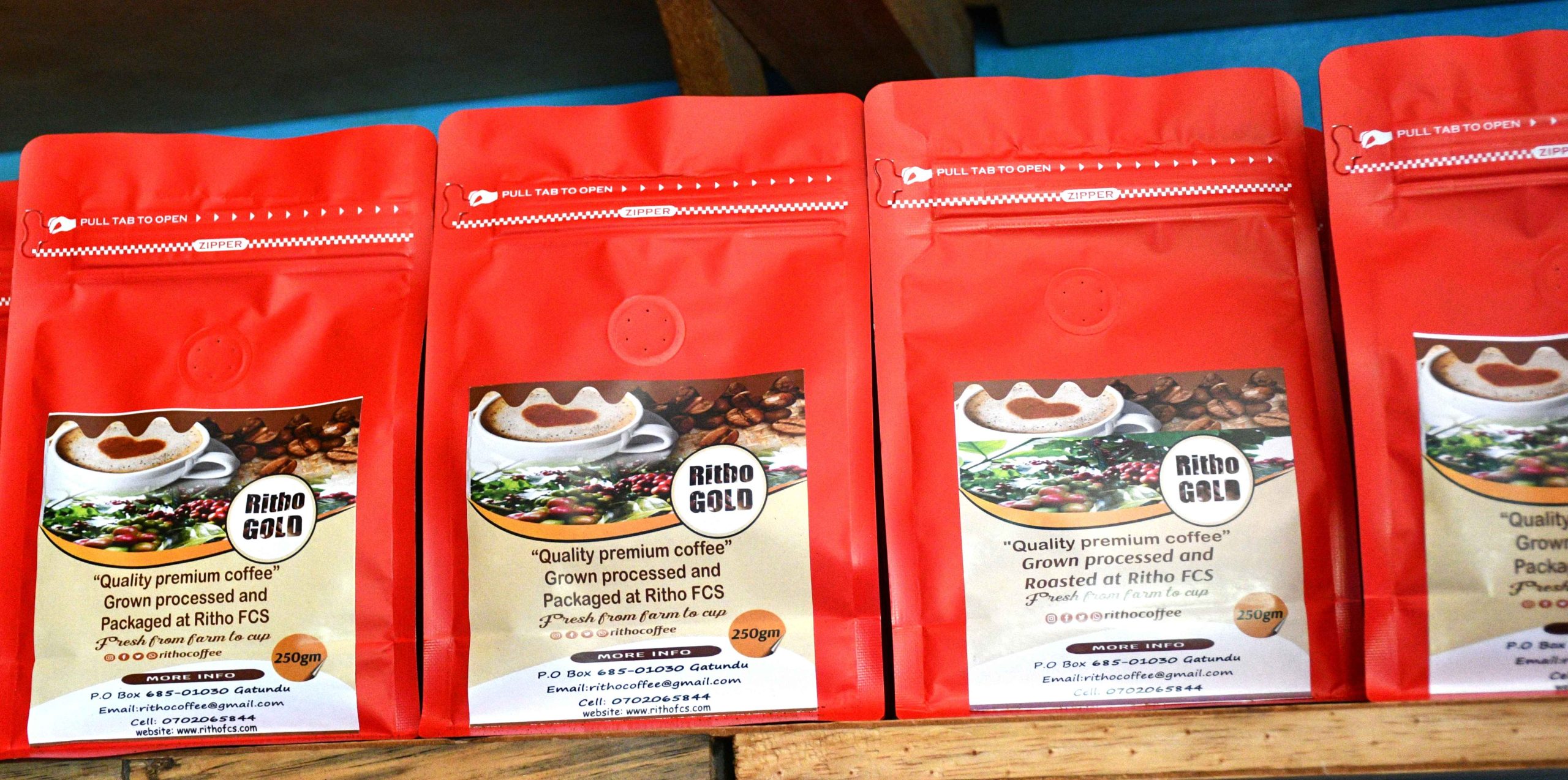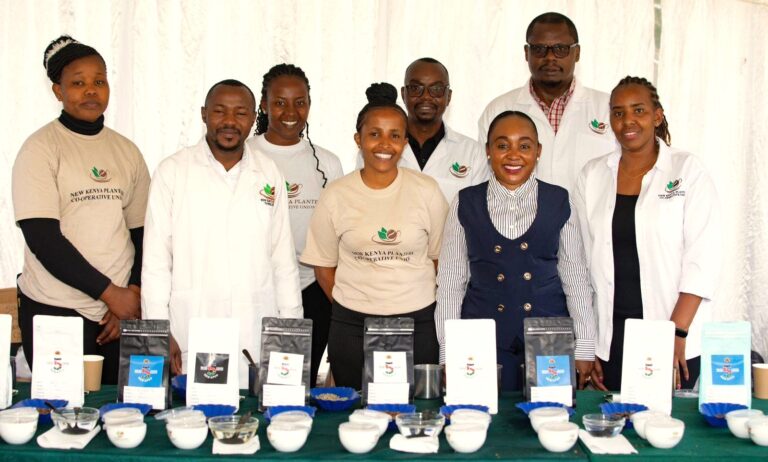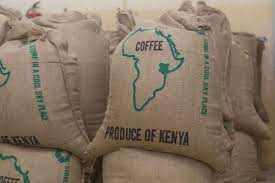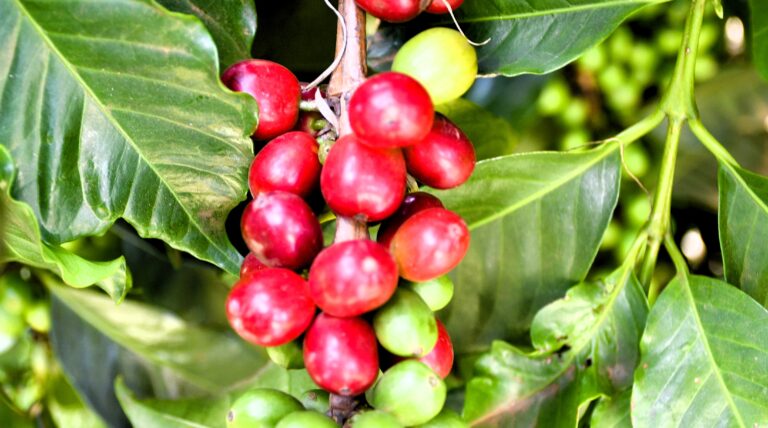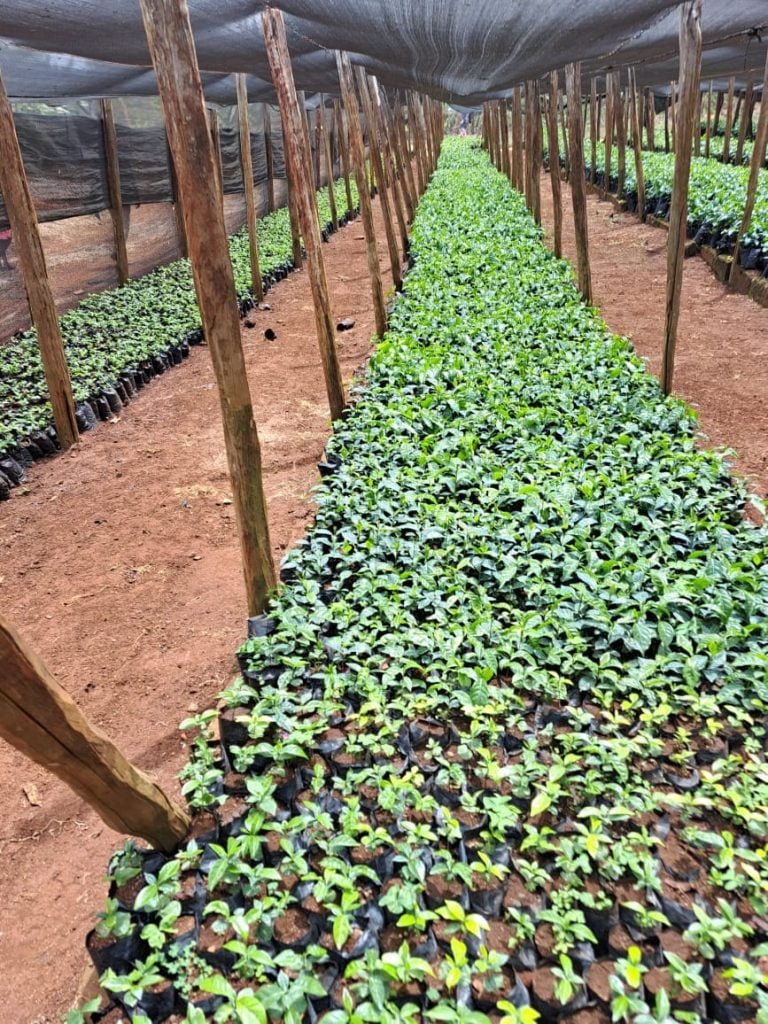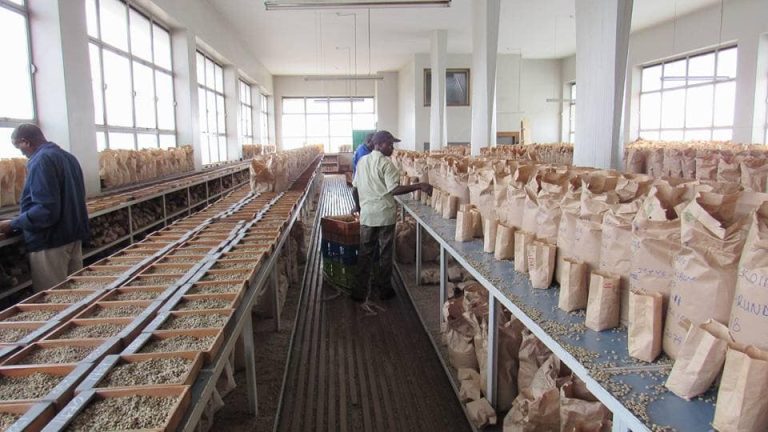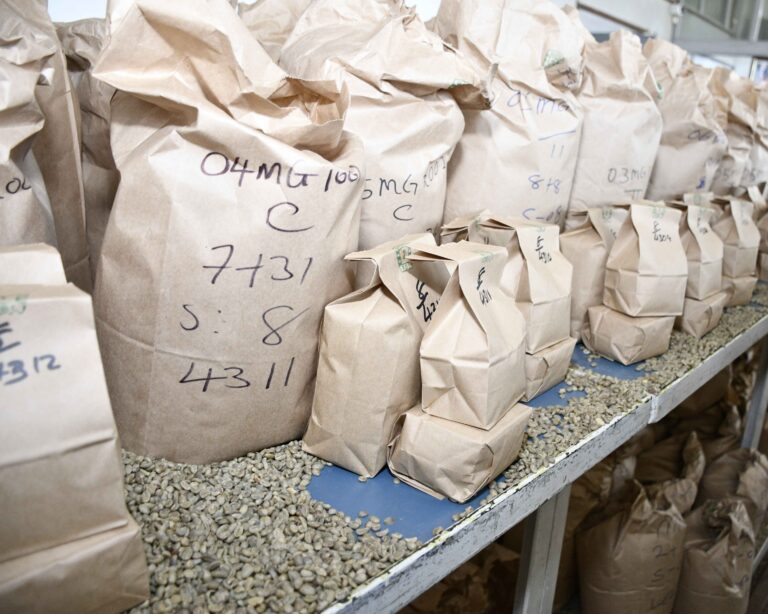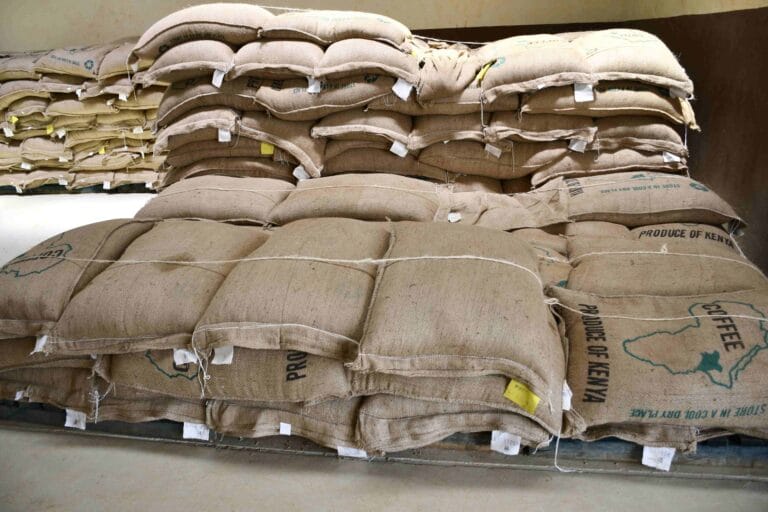By Kimuri Mwangi
The Italian government is committed to using its expertise in revamping the coffee sector in Kenya. Speaking at his official residence, the Italian Ambassador to Kenya Roberto Natali said that coffee constitutes a symbol and an excellent example of the strong cooperation which exists between the two countries.
The envoy said he was pleased and honoured to host the event on the revamping of the coffee value chain in Kenya through a project dubbed, Arabika, “from bean to cup”
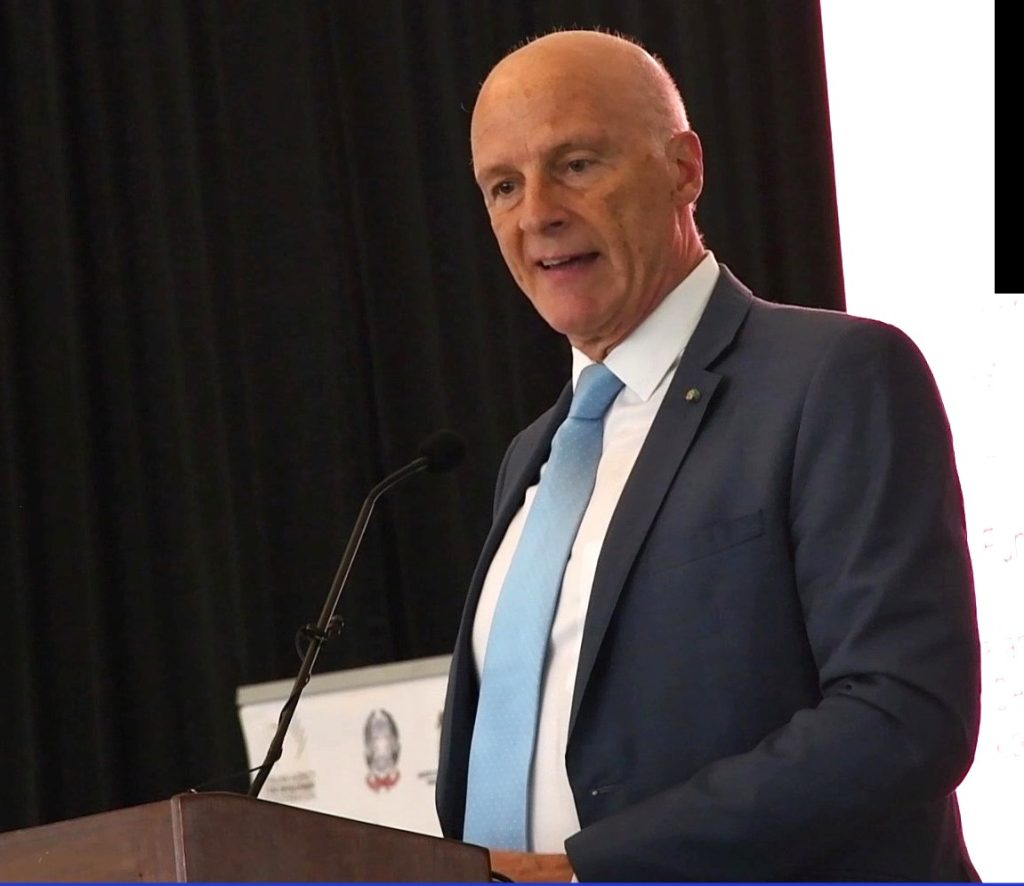
“We know that coffee is one of the pillars of Kenya’s economy providing livelihoods for more than 1 million families and Kenyan coffee is one of the most appreciated varieties abroad. But not only abroad, in the past years consumption of coffee has also grown in Kenya. Coffee roasters and coffee shops have started to be part of the daily lives of Kenyans. Increasing local consumption and high international demand are key for getting the coffee market, creating new jobs and opportunities in Kenya and providing a reliable source of foreign currency. The Italian government has been engaging with the Kenyan government since 2018 when President Ruto who was at the time the Deputy President asked for the support of the Italian Coperation for Development in bringing the Italian expertise on coffee to Kenyan coffee production,” said the Diplomat.
The Arabika coffee project is funded by the Italian Agency for Development Cooperation (AICS) at a total budget of € 3,024,513.17. It has been running since July 2021 and it is expected to come to a close in December 2024.
It is being implemented by the European Committee for Training and Agriculture (CEFA) as the lead organization together with two others and the target county governments.
“We Italians are so passionate about coffee that we not only like to smell it in our houses in the morning but we also appreciate a good cup of coffee in other locations like in the workplace. Also, while receiving or visiting friends and after lunch. In short coffee culture is deeply rooted in the Italian society. Such an old fashion also brings of course great expertise over the years. Italians have acquired very solid skills in roasting, blending different coffees to create distinct flavours and using innovative machinery and technologies,” said Natali.
He added that Italy has a competitive advantage that would bring greater benefit to the Kenyan coffee sector in terms of technical assistance, sharing of best practices, coffee cupping, traceability and brand creation.
The Arabika coffee project is being implemented in seven counties namely Meru, Embu, Nyeri, Murang’a, Machakos, Kiambu and Bungoma. It targets 30,000 small-scale coffee farmers affiliated with 21 coffee cooperatives spread in the target counties.
The project touches on coffee quality and tasting, climate-smart production and processing, cooperative governance and management, digitization, branding, differentiation and local and international marketing.
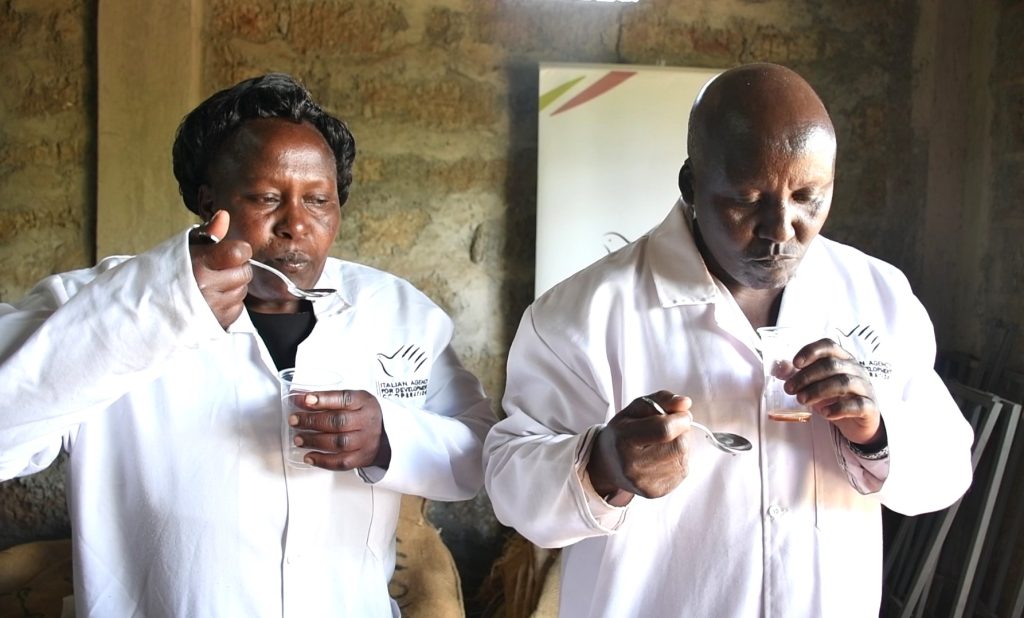
Among the achievements so far is the renovation and equipping of coffee laboratories in the seven counties. There has been a partnership with Dedan Kimathi University and the Coffee Research Institute in training 88 technicians on coffee quality and cupping among them 42 CQTs and 14 lab technicians. To strengthen cooperatives, cooperative leaders have been trained on governance while cooperative managers got trained about business models.
By the end of the project, seven eco-pulping machines will have been installed in factories for demonstration purposes of coffee processing.


